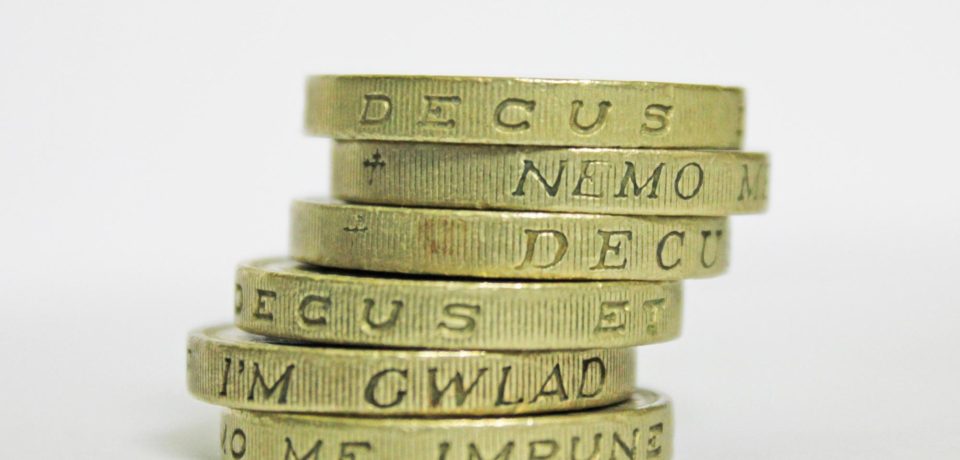It is never too early for a child to learn about money and even though they may be taught some things about managing money at school the best place to learn is at home.
The way a parent, sibling or carer handles money influences children and how they grow up to handle their own finances. It is so important that children get an early, solid grounding in how to handle money if they are to be competent as an adult. Here are a few things which may help you to teach your child about money.
Where does money come from?
Children learn the meaning of pester power at an early age and unfortunately too many parents simply give in to this and buy the child whatever he or she wants. This is the worst thing you can do. Instead, teach them about where money comes from – how it gets into your bank account and why it’s there. This can include explaining to them that money is used to buy food, petrol for the car, it pays for the heating, etc and that when there’s no money left you can’t buy things.
So on the next shopping trip, when your child pesters you to go to McDonalds for instance, try saying that if you do that then there won’t be enough money left for the bus home or for that trip to the swimming pool tomorrow.
Let them handle cash
Show then the money – literally! Show them the coins and notes you have in your purse or wallet and get them to count it out with you. Let them handle the money to get them used to it. Then show them things around the home, food in the fridge, their toys, the dog’s bed, anything you can think of and then ask your child to guess how much these things cost. If possible count out the money to pay for them.
Decide on an activity you can do the next day – say a bus ride to the local leisure centre. Put the money that this will cost into a small purse and give it to your child so that they can learn about how to pay for things using the money in the purse.
Teach them about saving
Saving money for a rainy day is still a useful concept to learn. Open a bank account in your child’s name, with you as a secondary account holder, using a small deposit. For every pound that they manage to put in tell them that you will match it. This way you can get them into the habit of saving up for something that they want instead of asking you to buy it for them. Very young children could have a pocket money book instead where you and they can record how much is in the piggy bank. Keep overall control of this so that your child has to request money and state what they need it for. Remind them that when the money is gone, it’s gone and this way they learn how to differentiate between what they want and what they need.

